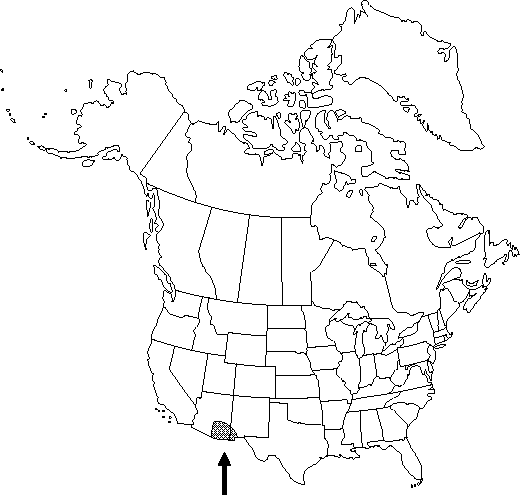Difference between revisions of "Berberis wilcoxii"
Trans. New York Acad. Sci. 14: 29. 1894.
FNA>Volume Importer |
imported>Volume Importer |
||
| (5 intermediate revisions by 2 users not shown) | |||
| Line 32: | Line 32: | ||
-->{{#Taxon: | -->{{#Taxon: | ||
name=Berberis wilcoxii | name=Berberis wilcoxii | ||
| − | |||
|authority=Kearney | |authority=Kearney | ||
|rank=species | |rank=species | ||
| Line 47: | Line 46: | ||
|publication year=1894 | |publication year=1894 | ||
|special status= | |special status= | ||
| − | |source xml=https:// | + | |source xml=https://bitbucket.org/aafc-mbb/fna-data-curation/src/2e0870ddd59836b60bcf96646a41e87ea5a5943a/coarse_grained_fna_xml/V3/V3_1008.xml |
|genus=Berberis | |genus=Berberis | ||
|species=Berberis wilcoxii | |species=Berberis wilcoxii | ||
Latest revision as of 21:45, 5 November 2020
Shrubs, evergreen, 0.3-2 m. Stems ± monomorphic, seldom with short axillary shoots. Bark of 2d-year stems purple or brown, glabrous. Bud scales 2-6 mm, deciduous. Spines absent. Leaves 5-9-foliolate; petioles 1-5 cm. Leaflet blades thick and rigid; surfaces abaxially dull, papillose, adaxially glossy, green; terminal leaflet stalked, blade 2.6-6.6 × 1.7-4.4 cm, 1-2.5 times as long as wide; lateral leaflet blades oblong to ovate or elliptic, 1-3-veined from base, base obtuse to rounded or truncate, margins plane to crispate, toothed, each with 3-5 teeth 1-5 mm tipped with spines to 1.2-3.8 × 0.2-0.6 mm, apex acute to rounded. Inflorescences racemose, dense, 30-50-flowered, 2-7 cm; bracteoles membranous, apex rounded or obtuse. Flowers: anther filaments with distal pair of recurved lateral teeth. Berries blue, glaucous, oblong-ovoid, 6-11 mm, juicy, solid.
Phenology: Flowering spring (Apr–May).
Habitat: Slopes and canyons
Elevation: 1500-2500 m
Distribution

Ariz., N.Mex., Mexico (Sonora).
Discussion
Berberis wilcoxii has not been tested for resistance to infection by Puccinia graminis.
Selected References
None.